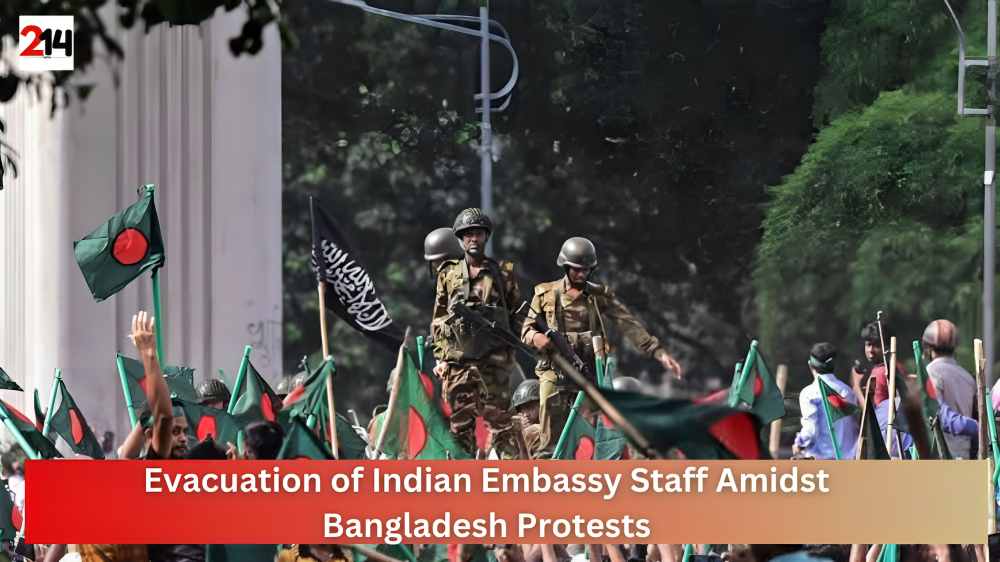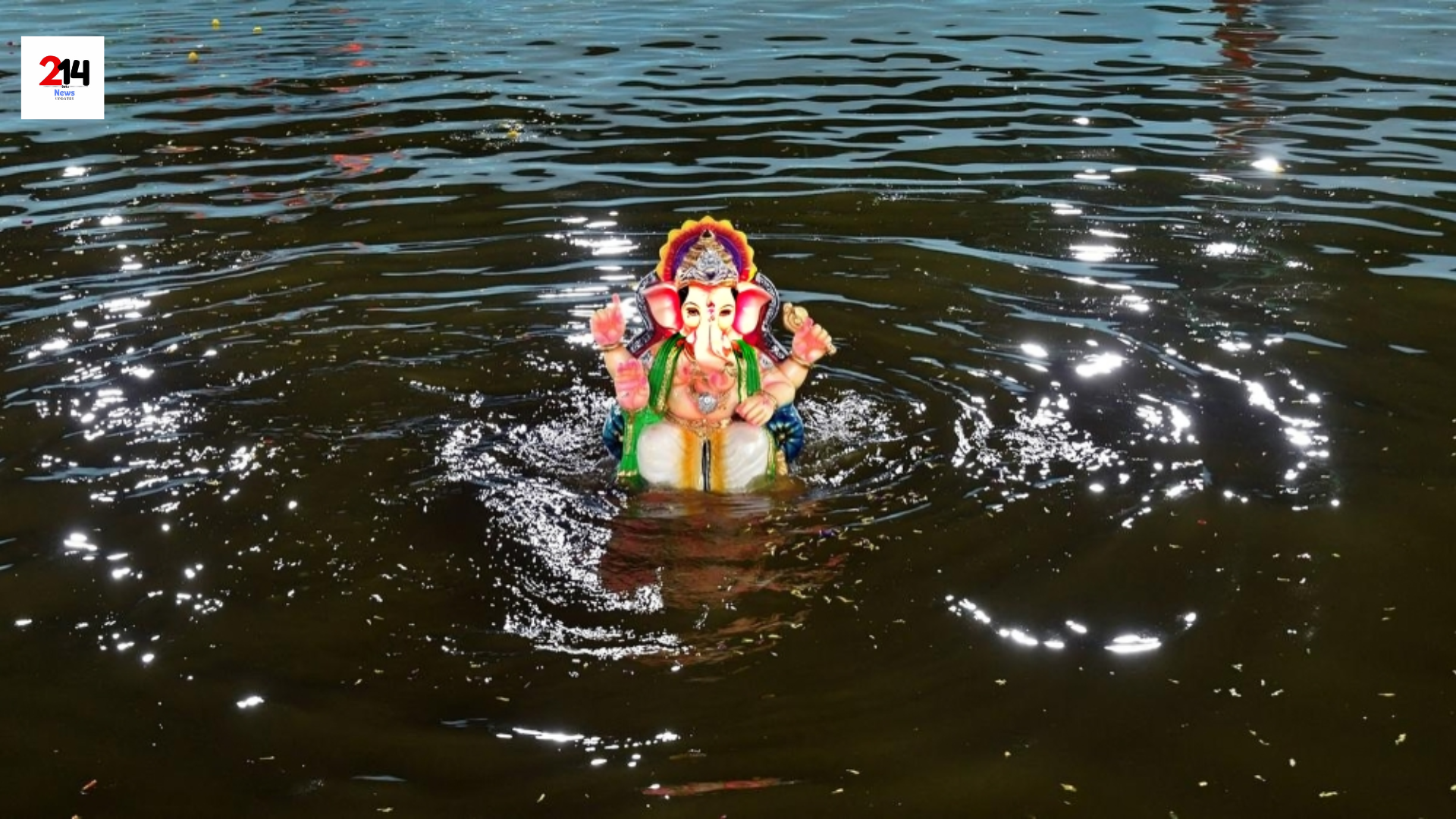
In light of escalating protests in Bangladesh, the Indian government has taken decisive action to ensure the safety of its diplomatic staff. All non-essential staff and their families have been evacuated from Indian embassies and consulates across Bangladesh. The unrest, initially sparked by dissatisfaction with the job quota system, quickly escalated into widespread anti-government demonstrations.
Background and Context
The protests began as a response to Bangladesh’s job quota system, which favored the families of freedom fighters. This policy led to significant public dissatisfaction and sparked large-scale demonstrations. The situation intensified, resulting in violent clashes between protestors and authorities, with nearly 300 reported fatalities.
Diplomatic Measures
To safeguard its personnel, India executed a strategic evacuation of non-essential embassy staff and their families. This operation included staff from the Indian High Commission in Dhaka and consulates in Chittagong, Rajshahi, Khulna, and Sylhet. The evacuation was carried out using commercial flights, ensuring a swift and efficient response to the deteriorating security situation.
Continued Operations
Despite the evacuation, the Indian High Commission in Dhaka remains operational. Essential personnel, including the Indian High Commissioner, continue to manage critical diplomatic functions. These measures ensure that essential services and support remain available, even as the situation in Bangladesh remains volatile.
Government Response
The resignation of Prime Minister Sheikh Hasina, amidst the protests, has further complicated the political landscape. The Bangladesh military has assumed control of security, particularly in Dhaka’s diplomatic zones, to maintain order and protect foreign missions.
Looking Forward
As the situation evolves, India continues to monitor developments closely. The safety of its citizens and diplomatic staff remains a top priority. The Indian government remains committed to maintaining essential operations and providing necessary support to its personnel in Bangladesh.
This proactive approach underscores the importance of diplomatic readiness and the need for swift action in times of crisis. The situation in Bangladesh remains fluid, and further updates are expected as events unfold.
India’s Stability Amid Regional Turmoil: Evaluating Leadership and Governance

